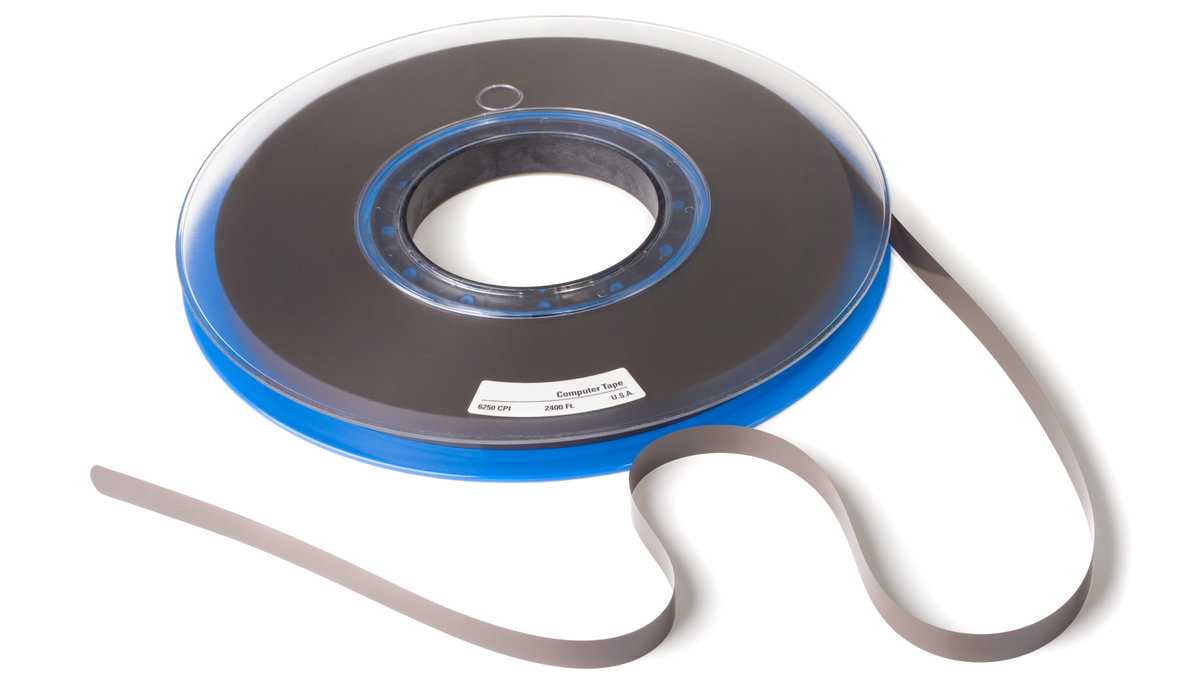As Doctor Who has, inch-by-inch, diversified the casting of its heroes, its willingness to tell stories directly influenced by those decisions has trailed a little behind. When Jodie Whittaker became the 13th Doctor, only a few of her stories ultimately engaged with what it meant that the Doctor now inhabited a female body. With the arrival of Ncuti Gatwa in the TARDIS last year, his debut season tackled his status as the first Black man and the first openly queer actor to play the Time Lord to… mixed success, especially on the former.
But now, in the strongest episode of his sophomore season yet, we have a story that nails exploring the Doctor’s latest identity, because it allows itself the grace of being up front about engaging with that idea.

Last season’s “Dot and Bubble” played with the notion of the Doctor’s racial identity by trapping him on a planet of white supremacists being eaten by giant slug monsters, but by saving that reveal for its closing scene as a gotcha for the Doctor and the audience alike, the episode failed to really engage with what it meant for the Doctor’s identity as a Black man to be called into question outside of a single moment. “The Story and the Engine,” then, by playwright Inua Ellams, stands as an interesting contrast. It is Gatwa’s first Doctor Who script written entirely by a person of color (this season’s “The Well” was co-credited between Russell T Davies and Sharma Angel-Walfall). It is also a story that explicitly leverages Gatwa’s identity as a Black man to tell a story that can only be told in such a circumstance.
But perhaps most crucially of all that in contrast, is that it is a story that uses that identity to tell a story of joy, of the universality and power of storytelling, something that connects the Doctor to the people they yearn to protect. And it can only do so by clearly establishing that connection between the story being told, and its setting, to the Doctor’s current identity from the get-go.
 © BBC/Disney
© BBC/DisneyWhere that story takes place is Lagos, Nigeria, as the Doctor and Belinda continue to charge up their “try and find 2025 London” device by hopping around in time and space. Landing in Lagos, the Doctor gets what he needs almost immediately, but is reluctant to move on quickly: there’s a local barbershop, ran by a man named Omo (Sule Rimi), that he loves visiting. We’ve seen Gatwa’s Doctor play with myriad styles, especially with his hair, but as Belinda points out to him, he has a massive time ship that does all that for him. The reason Omo’s shop is special, the Doctor argues, is because it’s a place that makes his current incarnation feel seen, in a way he hasn’t before.
Although it’s not the first time the Doctor has ever been Black (as we get a wonderful nod to with a brief surprise appearance by Jo Martin’s Fugitive Doctor later on), having the Doctor articulate to Belinda his desire to feel recognized and welcomed in spaces as a Black man–and having them both, as the first TARDIS team completely made up of people of color, connect over that in their developing friendship–is an incredibly compelling idea, and it’s one that really resonates compared to the times this Doctor’s racial identity has been used in stories only to serve as a point of conflict, like “Dot and Bubble” or briefly in “Lux”.
After Belinda acquiesces and lets the Doctor check in for a trim though, things kick into high gear. It turns out Omo’s shop is under new management, a mysterious figure known only as the Barber (Ariyon Bakare), who has trapped Omo and several other men there, wrenching the shop out of time and space to keep them all in an endless cycle of haircuts and storytelling: their tales of history and myth powering a massive mechanical spider that is whisking the Barber and his ally Abena, the daughter of Anansi (Michelle Asante), on a quest for vengeance against the gods themselves. The Barber, it turns out, helped spread the myths of countless gods and folklores throughout human history by creating a Nexus, a literal web of storytelling and culture that spread their reach and influence but also laid the fundamental groundwork for human civilization itself, the act of sharing and developing thousands of years of stories, passed on through generations. No longer needing him with the Nexus’ creation, the gods cast the Barber out, and now he wants to destroy it, and take them with it.
 © BBC/Disney
© BBC/DisneyMuch of this plays out within the confines of Omo’s barbershop, an infinitely tiny space for all these big ideas to burst out of, even if it’s also revealed that said barbershop is currently temporally displaced and being carried about an alternate dimension by a giant mechanical spider. At times, “The Story and the Engine” threatens to lose itself in the strains of bandying about all these big, heady ideas, but where episodes before it this season have hit those issues, here, it almost becomes part of the metatext of Doctor Who itself. After all, as this episode reminds us, what bigger story is there out there than the Doctor themselves, countless lives lived over and over? The Doctor’s status as this being who has seen so many histories and futures is the crux of the whole premise. It’s why Omo tells the Barber about them in the first place; it’s a story left untold—that the Fugitive Doctor once promised to free Abena from the clutches of her father, but failed to do so, telling her and us in a brief moment that she was wrapped up in a story for another time—that creates the conflict between the Doctor and Abena in the first place.
It’s how, ultimately, the Doctor manages to save the day, tempting the Barber with himself as the simplest story ever told: they live, they die, they are reborn. What saves the day in “The Story and the Engine” is not necessarily the Doctor’s brains or any kind of technobabble, it’s the very fact that they are the star of the story that is Doctor Who, an ongoing, living, breathing narrative that stretches across life after life, is shared between generations of people. The Doctor isn’t just a story of potentiality, but one so powerful it manages to overwhelm the Barber’s engine, freeing everyone trapped in the shop and guiding the Barber and Abena away from their misguided quest for revenge.
 © BBC/Disney
© BBC/DisneyThat might be a story that could’ve been told with any incarnation of the Doctor–and that is arguably part of the point, given it’s the Doctor’s narrative potentiality that proves key to foiling the Barber’s plans. But “The Story and the Engine” also directly engages with beats that re-iterate that this is a story that could have only been told by pushing the Doctor’s story to a place where people of color can be part of it, as well. It’s not just in the yearning for community the Doctor seeks by going to Omo’s shop in the first place, it becomes even more important when Abena decides to help the Doctor by braiding his hair with a map to the heart of the Spider so he can stop it, drawing on real-world historical traditions of braided hair being used to hide messages and maps in the era of colonialism and the slave trade. “The Story and the Engine” is laser-focused on the power of Doctor Who as a story, metatextually or otherwise, but there’s also a lot of power in how it chooses to tell this story intertwined with how it leverages Gatwa’s identity as the first Black, queer man to be a major player in that story.
This era of Doctor Who in particular has been very interested in the metanarratives of stories, and with playing of awareness of them for both the audience and our heroes alike. Sometimes it’s worth celebrating for a moment, as we get to here, that that story can now help connect even more people from different backgrounds and welcome them to be a part of it. And that’s just vital a story to tell with the first mainline Doctor played by a man of color as any story of prejudice is.
Want more io9 news? Check out when to expect the latest Marvel, Star Wars, and Star Trek releases, what’s next for the DC Universe on film and TV, and everything you need to know about the future of Doctor Who.








 English (US) ·
English (US) ·